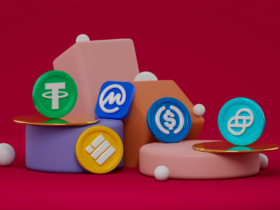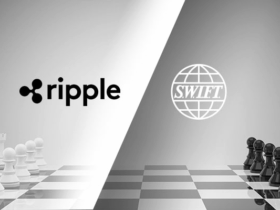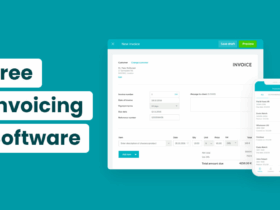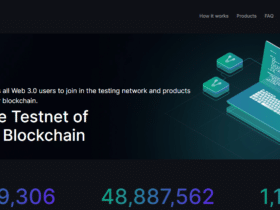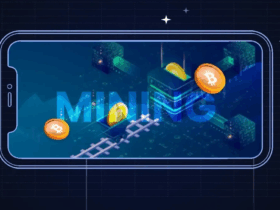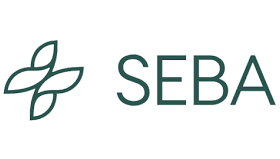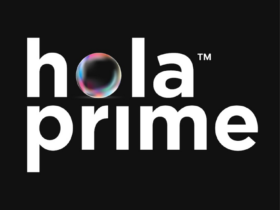What Is Crypto Airdrop?
To promote a specific blockchain project or cryptocurrency, free cryptocurrency tokens or coins are distributed to users’ wallets through a process known as a crypto airdrop. Blockchain firms and projects frequently utilize airdrops as a marketing tactic to raise awareness, draw in new users, and encourage involvement in their ecosystem.
A crypto airdrop includes distributing a predetermined number of tokens to the wallets of qualified receivers. Existing cryptocurrency owners, individuals who carry out particular tasks (such signing up for a platform, following social media profiles, or referring friends), or even members of the general public who satisfy certain requirements can be among these recipients.
On a number of blockchain platforms, including Ethereum, Binance Smart Chain, and others, airdrops can be implemented. A recipient’s holdings of an existing cryptocurrency are frequently taken into account for allocating airdrop tokens, but the project organizing the airdrop may also base the distribution on other criteria.
What Is Neutron Airdrop?
Neutron powered by Tendermint and built with the Cosmos SDK, is the most secure permission-less smart contract platform for Interchain DeFi. Neutron lets developers launch smart-contracts and gives tools to interoperate with other protocols and appchains.
Neutron is airdropping a total of 70,000,000 NTRN to ATOM stakers and accounts that voted on Prop 72. Users who had staked at least 1 ATOM by November 19th, 2022 and accounts that voted on Prop 72, regardless of their vote (Yes, No, Abstain, or NoWithVeto) and whether they voted directly or through their validator are eligible to receive free NTRN tokens.
Basic Neutron Airdrop Points
| Basic | Details |
|---|---|
| Token Name | Neutron Airdrop |
| Platform | Own chain |
| Support | 24/7 |
| Total value | 70,000,000 NTRN |
| KYC | KYC Is Not Requirement |
| Whitepaper | Click Here To View |
| Max. Participants | Unlimited |
| Collect Airdrop | Click Here To Collect Free Airdrop |
How To Claim Neutron Airdrop Step-by-Step Guide:
- Visit the Neutron airdrop claim page.
- Connect your Kepl wallet.
- If you’re eligible then you will see the amount of token you can claim.
- Users who had staked at least 1 ATOM by November 19th, 2022 and accounts that voted on Prop 72, regardless of their vote (Yes, No, Abstain, or NoWithVeto) and whether they voted directly or through their validator are eligible to claim the tokens.
- You will need ATOM or axlUSDC to pay transaction fees.
- You can get ATOM from Binance and then withdraw it to your Keplr wallet on the Cosmos Hub.
- Then bridge ATOM from Cosmos Hub to Neutron using the TFM IBC bridge.
- Now claim your tokens.
- The tokens are vested over 3 months but can be unlocked earlier by participating in the lockdrop.
- Users have until September 3rd, 2023 to claim the tokens else will be clawed back by the DAO.
- For more information regarding the airdrop, see this article.
How To Check Neutron Airdrop Is Real Or Fake
Checking the legitimacy of a crypto airdrop can be a bit tricky, as scammers often use sophisticated techniques to create fraudulent airdrop campaigns that appear to be legitimate. Here are some steps you can take to verify the authenticity of a crypto airdrop:
- Official Sources : Check the official websites, social media pages, and avenues of contact for Neutron and the airdrop project. Seek for any updates, blog postings, or announcements on the airdrop. Verify if the data corresponds to what you have already heard or observed.
- Roadmap and Whitepaper: Examine the roadmap and whitepaper for the project. Genuine initiatives frequently have a detailed development strategy, use cases, and token distribution procedure. Check the details in these documents against the information you have been given regarding the airdrop.
- Community Engagement : Participate in the project’s official community channels on Telegram, Discord, or Reddit to engage with the community. Ask other community members about the legitimacy of the airdrop. Scammers might not be very active in these channels or they might give contradictory information.
- Staff and Advisors: Learn more about the Neutron project’s staff and advisors. Search for information on their educational credentials, social media presences, and prior projects they have worked on. Transparent team information is often present in legitimate initiatives.
- Token Contract Address: If feasible, look out the token contract address for Ethereum-based tokens on a reliable blockchain explorer like Etherscan. Verify that the contract’s address corresponds to the address listed by the project’s authorized sources. To deceive users, scammers may make bogus tokens with identical names.
- In summary, it’s important to conduct thorough research, verify the source and instructions, look for feedback from other users, and trust your instincts when evaluating the legitimacy of a crypto airdrop. By taking these steps, you can minimize the risk of falling for a fraudulent airdrop and protect your assets and personal information.
What are the risks of participating in an airdrop?
The popularity of airdrops is sometimes used by con artists to launch phony airdrop operations. Under the guise of receiving free tokens, they might entice users into disclosing secret keys or passwords, among other sensitive information. Prior to participating, always double-check the legitimacy of the airdrop and the source.
Participants in some airdrops may be asked to submit personal data or connect their social media accounts. In the event that the airdrop comes from an unreliable source, this could result in a loss of privacy or possible identity theft.
Neutron Airdrop Roadmap
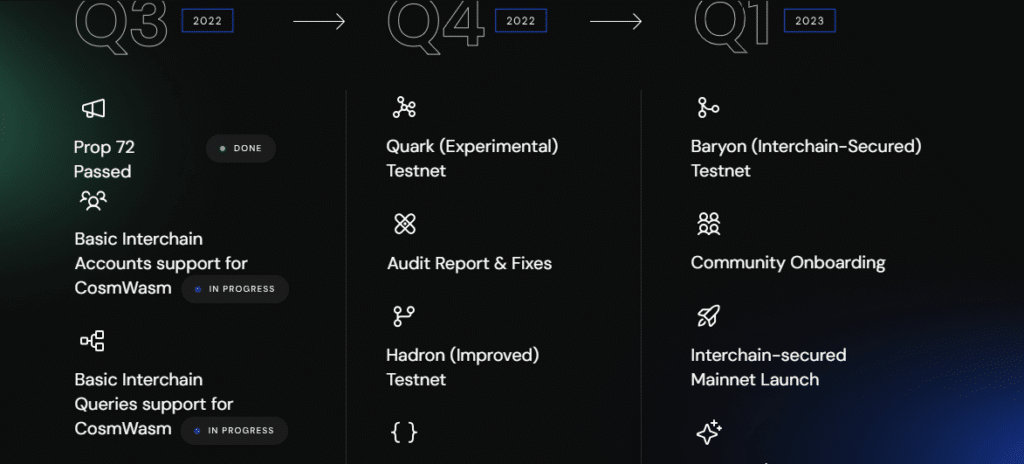
Neutron Airdrop Pros Or Cons
Pros of participating in an airdrop:
- Increased knowledge: Airdrops can aid in raising a cryptocurrency project’s profile and level of public knowledge. After receiving free tokens, participants may grow more interested in the project and may eventually support it for a long time.
- Building a Community: Airdrops can aid in creating a community for a bitcoin project. Token recipients can participate in discussions on the project’s website, on social media, and in online forums, which promotes a sense of community and shared interest.
- Initial Distribution: Airdrops are a means to launch a project’s token distribution to a large audience. With a wider distribution of tokens and a potential reduction in centralization, this can promote greater involvement.
- User Engagement: In order to acquire airdropped tokens, participants frequently need to do particular actions, such logging into social network accounts, subscribing to newsletters, or taking other steps. The project may receive useful information and insights on their potential user base as a result of this involvement.
Cons of participating in an airdrop:
- Lack of Quality Control: People who are only interested in collecting free tokens and have no real interest in the project may be drawn to airdrops. The community and engagement in the project may suffer as a result.
- Dumping of Tokens: Some recipients of airdropped tokens may not be motivated to keep them for an extended period of time. They might sell these tokens as soon as they get them, which could cause a rapid rush of tokens on the market and possibly cause price changes.
- Costs: Since airdrops frequently require the transfer of a sizable number of tokens to a large number of addresses, they can be costly for the project to implement. The project’s financial resources may be impacted by this.
- Regulation: There may be regulatory issues with taxation and securities regulations, depending on the jurisdiction and the type of the airdrop. Airdrops must be properly planned to adhere to all applicable legislation.
- Perceived worth: The perceived worth of the tokens may decline if airdrops are conducted too frequently or without a defined goal. If tokens are distributed too freely, the intended audience might not consider them valuable.
Neutron Airdrop Final Verdicts
Neutron is a blockchain network that brings Smart Contracts into the Cosmos-family blockchains using CosmWasm. Neutron works with networks using the IBC protocol. Neutron security (block validation) is provided by the Cosmos Hub network using Interchain Security.

